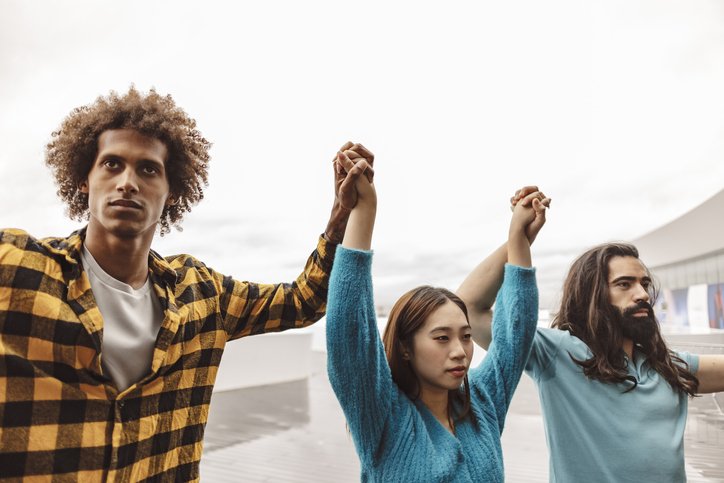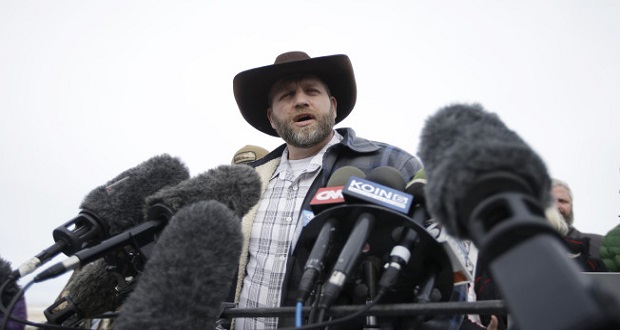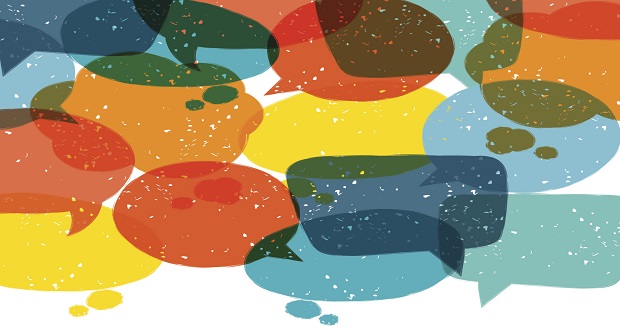
Racial justice at work begs for me a different question: What about racial justice — period?
Incorporating racial justice into a personal practice would allow work environments to naturally also benefit the communities we are a part of. With this approach, processes, systems, practices and organizations we are employed by would be held to the same rigor as those where we live, pray, and play. The complexity here lies in who is committed to racial justice outside of work … and for that matter even at work.
For whom is racial justice a “nice-to-have” — if and/or when we are inspired — and for whom is it central to the possibility of success and change? Do we continue to pressure our colleagues who are members of marginalized/minoritized groups to further the burden of undoing their own oppression within the confines of dominant culture practices? (Notably, dominant cultural practices are often internalized in order to achieve professional success.) Can we move toward activating members of the dominant culture to become aware and committed, and to take actions to disrupt the status quo many of us are drowning in?
Rather than wait for a script or the right time, start now. Question why a formula or scripted approach is even necessary; recognize the roots of that desire in structures of white supremacy practices and then work to dismantle them.
As a working professional for over 25 years and as a formal DEIJAB+ (diversity, equity, inclusion, justice, accessibility, belonging) practitioner for about 10 years (across corporate and nonprofit settings), I know getting through to leaders and members of dominant culture spaces is what could be the most impactful. Yet it’s rarely seen or experienced authentically. Instead, we often continue to place the burden and expectations for change on those who are tasked with DEIJAB+ as their primary work. Almost weekly we read stories about how colleagues charged with leading DEIJAB+ are regularly exiting this field (by force and by choice) while also being inundated with various political agendas that are fighting to limit work and education that would build awareness and understanding in this space. Imagine if there were responsibilities for the work not on one person or a team … but accountability for all? In the words of motivational speaker and author Tunde Oyeneyin, it’s way beyond time to SPEAK.
On the weekends, several of us do some direct work in the community by being of service to those who may need some support. We’re surrounded by folks who are very generous with either resources or time, and those who join us usually walk away with a theme of surprise, which includes comments like “Wow, that could be us one day!” or “Everybody is so helpful or organized,” etc. I think this shock or surprise is similar to what happens when folks align their perspectives between where they may live and what their job may require them to do.
Most of us as practitioners know we’re moving one heart at a time. Those of us who are part of a minoritized or marginalized community may also feel we don’t have time to wait for each heart and mind to change … yet we craft messages that await comfort or readiness.
Who gets to decide? This question keeps circling around my mind. Who has the luxury — or shall we say privilege — of deciding if we should say something after yet another brutal murder of a member of the Black community by the police? Sometimes I hear things like:
I mean, will we really be able to say something about every horrific incident that keeps taking place?
Well, what are other people saying?
These feel like excuses to deflect the reality: the situation not affecting said decision-makers because their proximity to the complex issues that still plague us really doesn’t interfere with day-to-day life. Sigh. Let that sink in just a bit deeper as we attempt to continue to navigate racial justice (at work). Once we dismantle the structures that support our ideas/approaches around racial justice at work, shouldn’t we just start with racial justice? Addressing it in our broader world would ensure the shift — and maybe that’s why it hasn’t happened very well or thoroughly.
In the workplace, there is this constant tug-and-pull between the work (what one perceives as their day job/task) and DEIJAB+. For some of us, the DEIJAB+ is our day job (and maybe our life’s work or the way we live). For others it isn’t … and that’s how it shows up in their work, because it’s not seen as connected or integrated. I can no longer even track how many DEIJAB+ conversations I’ve had with leaders and colleagues who still end up saying, “I just don’t know what to do or say.” Even after completing DEI+ certificate programs, workshops, trainings, and so much more, there is a feeling of being stuck or just not knowing how to start, which so clearly demonstrates the disconnect between life and DEIJAB+.
If it’s disconnected from life, how will it happen at work? This requires accountability, and to date, it’s one of the most lacking characteristics of progress toward racial justice. Sure, some organizations are tying financial success (bonuses, etc.) to shifts in organizational demographics. This is better than nothing, but how many racist, sexist, ageist, ableist, homophobic, Islamophobic, antisemitic, etc. leaders are continuing to be promoted in the workplace after causing harm? True accountability means making the tough decisions and actually disrupting where bad behavior has stopped progress in the organization.
While we are trained to look for answers, I am asking us to examine the full story and to equip ourselves and those around us with the ability to jump in: question everything. Why does it have to be that way? Why are some folks given access to certain opportunities in society and others aren’t? Why does the article have to start and close in the same formula? How can we expect DEIJAB+ leaders to make the changes if we don’t have ambassadors in every facet of the organization?
As for racial justice at work? It really can’t happen until we foster racial justice and equity in our broader world.


















